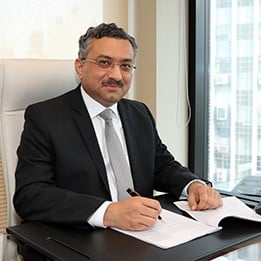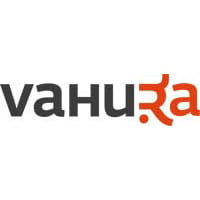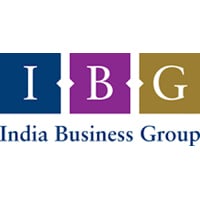

Executive vice president and general counsel | The Indian Hotels Company






Rajendra Misra
Executive vice president and general counsel | The Indian Hotels Company
Team size: 16
Can you tell us a little about your significant accomplishments over the last few years, as a team or by yourself?
I have helmed several M&A initiatives over the years, including cross border acquisition.
Our team structured, negotiated and operationalised a strategic partnership between IHCL and Singapore’s sovereign wealth fund, GIC, to launch an investment platform of the size of INR4000 crores to acquire hotels in the luxury, upper upscale and upscale segments in India.
During the pandemic, we invoked the force majeure clauses of our hotel leases to secure substantial lease rental waivers, saving substantial amounts in lease rentals at a time when the hospitality industry was severely ravaged by the aftereffects of the pandemic.
In a pioneering initiative, I have secured image mark registration of the Taj Mahal Palace & Towers, Mumbai from the Trademarks Registry in India, making it the first building in India to get such a unique trademark, joining an elite group of iconic buildings across the world, for example, the Empire State Building, the Chrysler Building, and the Sydney Opera House, that have successfully protected their IP by securing such unique trademark registration. Further, I have been successfully monetising this IP for the company by licensing it, a unique distinction for the legal function, which is otherwise viewed as a cost centre in most organisations.
Have any recent political, economic, or regulatory changes impacted your work? How are you dealing with this?
The recent spread of the pandemic across the world severely impacted the hospitality industry. With hotels shut, traditional avenues of revenue growth dried up. To counter this situation, we focused on substantial cost reduction. From the legal team, we invoked force majeure clauses in our heavy leases, securing lease rental waivers for the organisation, thus obtaining substantial relief. In addition, we worked with the business teams to support several alternative streams of revenue – Qmin home food delivery app for enabling guests to order home delivery of food from IHCL restaurants and TajSATS air catering services; launch of Qmin gourmet food store; and several other sales and marketing initiatives.
How has the increasing consciousness of climate change and sustainability affected your company and the team’s priorities?
ESG has been gaining prominence across all industries. We at IHCL deeply believe in the founder’s philosophy that the community is not just a stakeholder, but the very purpose of existence of the organisation. As such, IHCL has always supported community initiatives. In recent times, we have brought together the several initiatives and launched several new ones under the umbrella of Paathya. These include using renewable form of energy at our hotels, setting up EV charging stations, advocating green meetings, supporting handloom weavers of Varanasi, eliminating single use plastics even before they were legally prohibited, setting up water bottling plants at our hotels to replace packaged drinking water, and supplying free food to migrant workers during the pandemic under our Meals for Smiles initiative.
Executive vice president and general counsel | The Indian Hotels Company
Executive vice president and general counsel | The Indian Hotels Company
General counsel | Taj Hotels Resorts and Palaces
The Taj Group has been one of the leaders in India’s hospitality sector ever since Jamsetji Nusserwanji Tata, founder of the Tata Group, opened the Taj Mahal Palace in Mumbai...
Executive vice president and general counsel | The Indian Hotels Company
Rajendra Misra commenced his legal career as a counsel at the Calcutta High Court in 1991 but soon moved in-house. Ever since, he has worked for some of the leading...